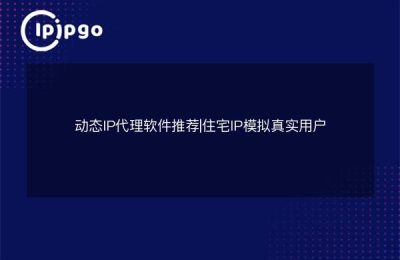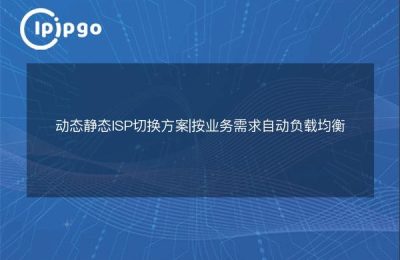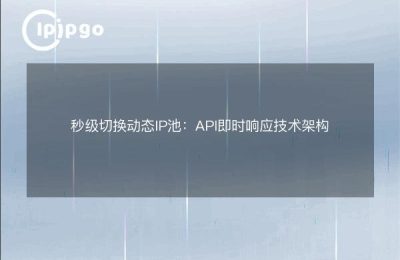
Dynamic IP proxies and static IP proxies, while both belonging to the proxy service category, differ significantly in their definitions and characteristics.
Dynamic IP Proxy:
Dynamic IP proxying, as the name suggests, refers to network proxying through constantly changing IP addresses. This type of proxy is like an actor who changes his image and plays various roles in different scenarios. Dynamic IP proxy servers will constantly change IP addresses and send user requests to the target website through different IPs to hide the real IP and protect user privacy.
Dynamic IP proxies have a number of features compared to other proxy methods. First of all, dynamic IP proxy can reduce the risk of being banned. Due to the frequent changes of IP addresses, using dynamic IP proxies can avoid the anti-crawler mechanism of websites, effectively avoiding the problem of IP blocking. Secondly, dynamic IP proxies can provide higher security. Due to the constant change of IP, it is difficult to trace the real identity and location of the user, effectively protecting the user's personal privacy. In addition, Dynamic IP Proxy can also realize load balancing and improve network transmission efficiency.
Static IP Proxy:
In contrast, a static IP proxy is a web proxy using a fixed IP address. It is like a strong castle, stable and reliable. A static IP proxy server has a fixed IP address through which users send requests, which the proxy server then forwards to the target website. Therefore, a static IP proxy does not change its IP address frequently during network communication.
Static IP proxies have unique characteristics. First, because the IP address is fixed, static IP proxies are suitable for tasks that require stable operation over long periods of time, such as long data transfers and remote access. Second, static IP proxies provide a higher degree of trustworthiness and controllability. Users can manage and maintain the proxy server themselves to ensure the stability and security of the service. In addition, static IP proxy enables more accurate geolocation, which is very useful for application scenarios where certain regions are restricted.
Dynamic IP Proxy vs. Static IP Proxy:
Dynamic IP Proxy and Static IP Proxy have their own advantages and disadvantages and are suitable for different application scenarios. Dynamic IP proxies are suitable for tasks that require frequent changes of IP addresses to hide the user's true identity and improve security. Static IP proxies are suitable for long-term stable operation, precise geo-location, and tasks that require high control and trustworthiness.
To summarize, there are obvious differences between dynamic IP proxy and static IP proxy in terms of definition and characteristics. No matter which proxy method is chosen, it should be weighed according to specific needs and application scenarios in order to achieve the best network proxy results.








